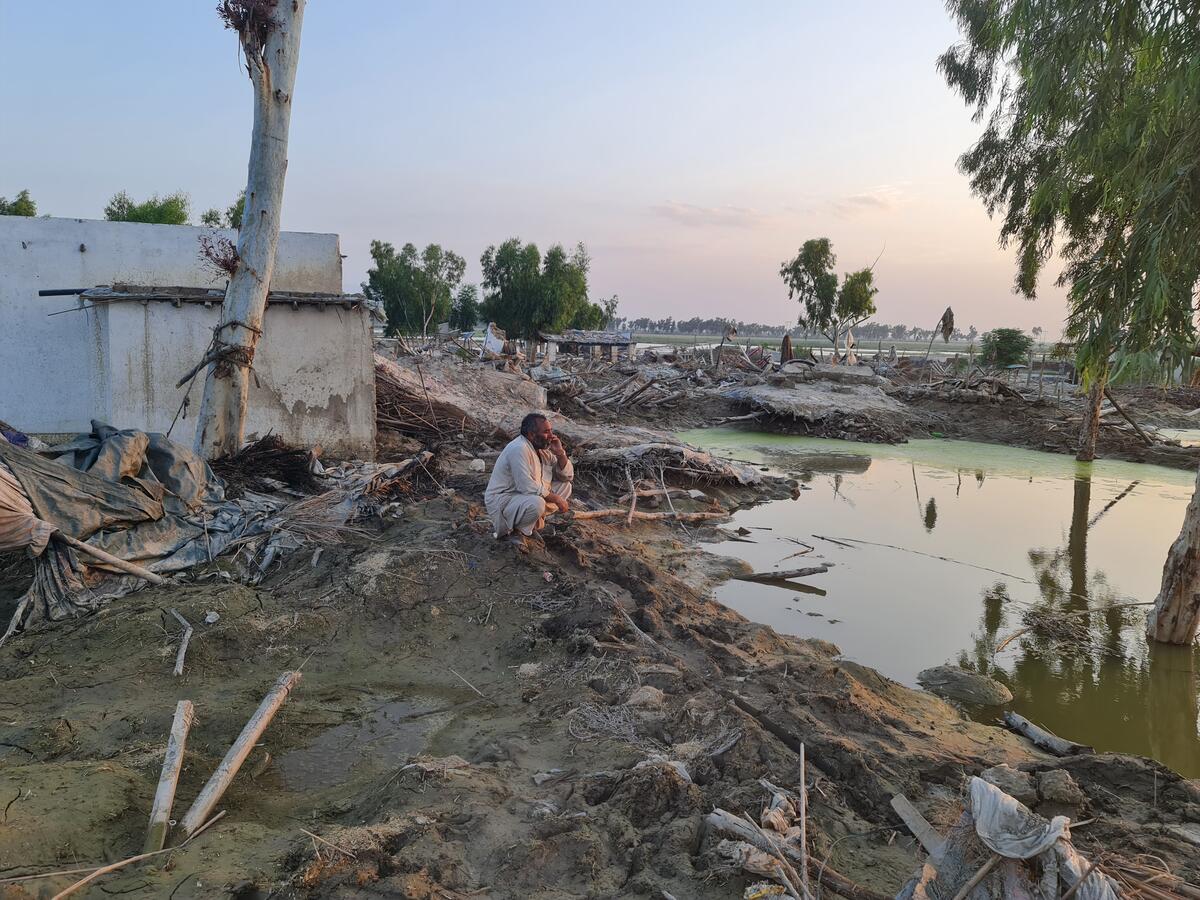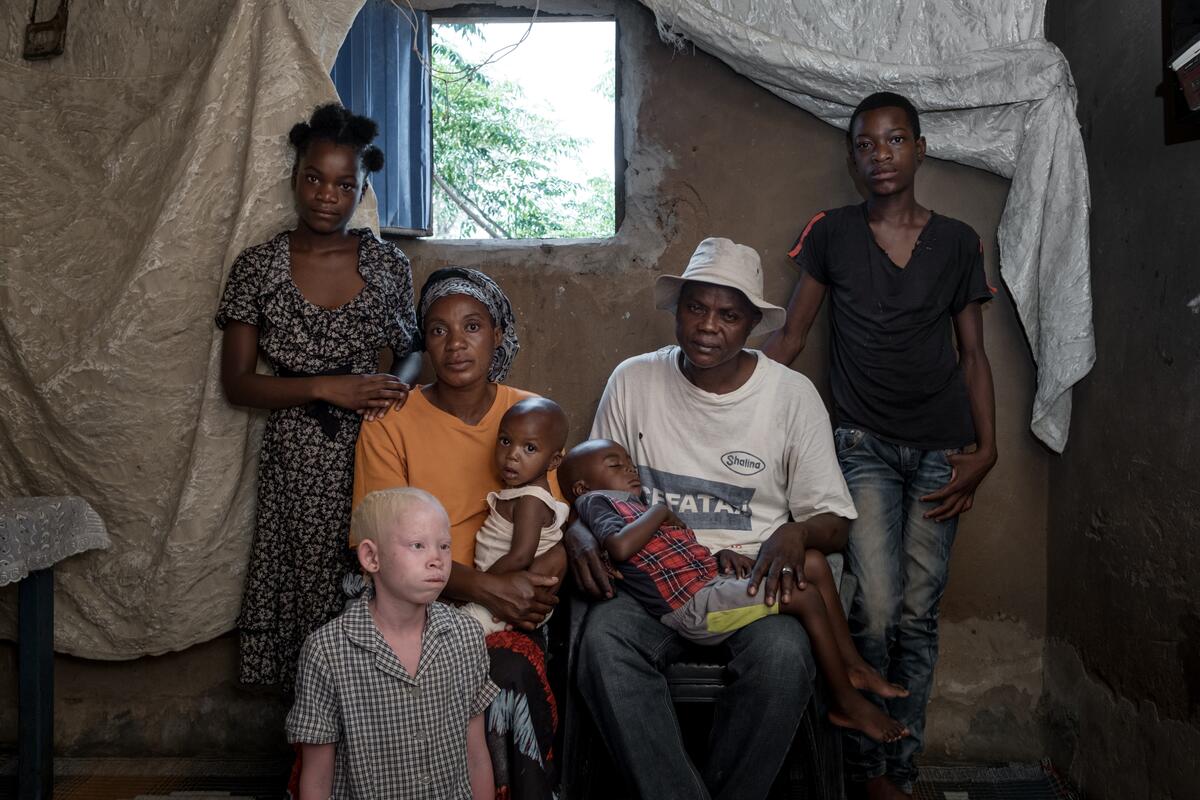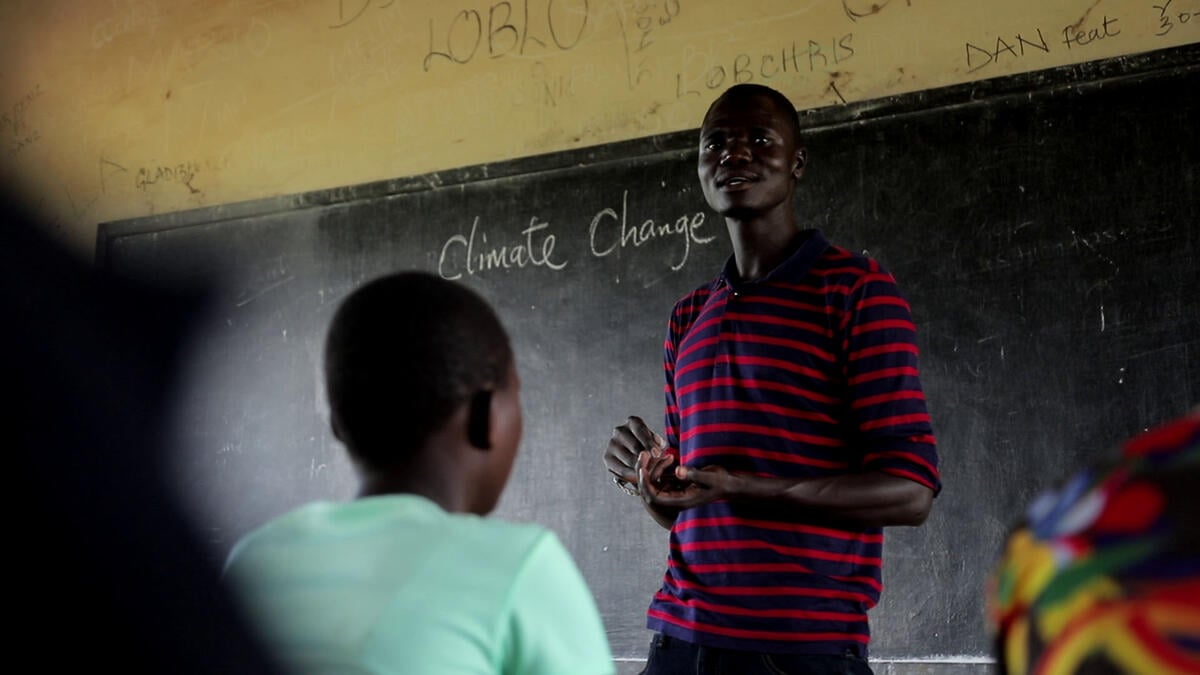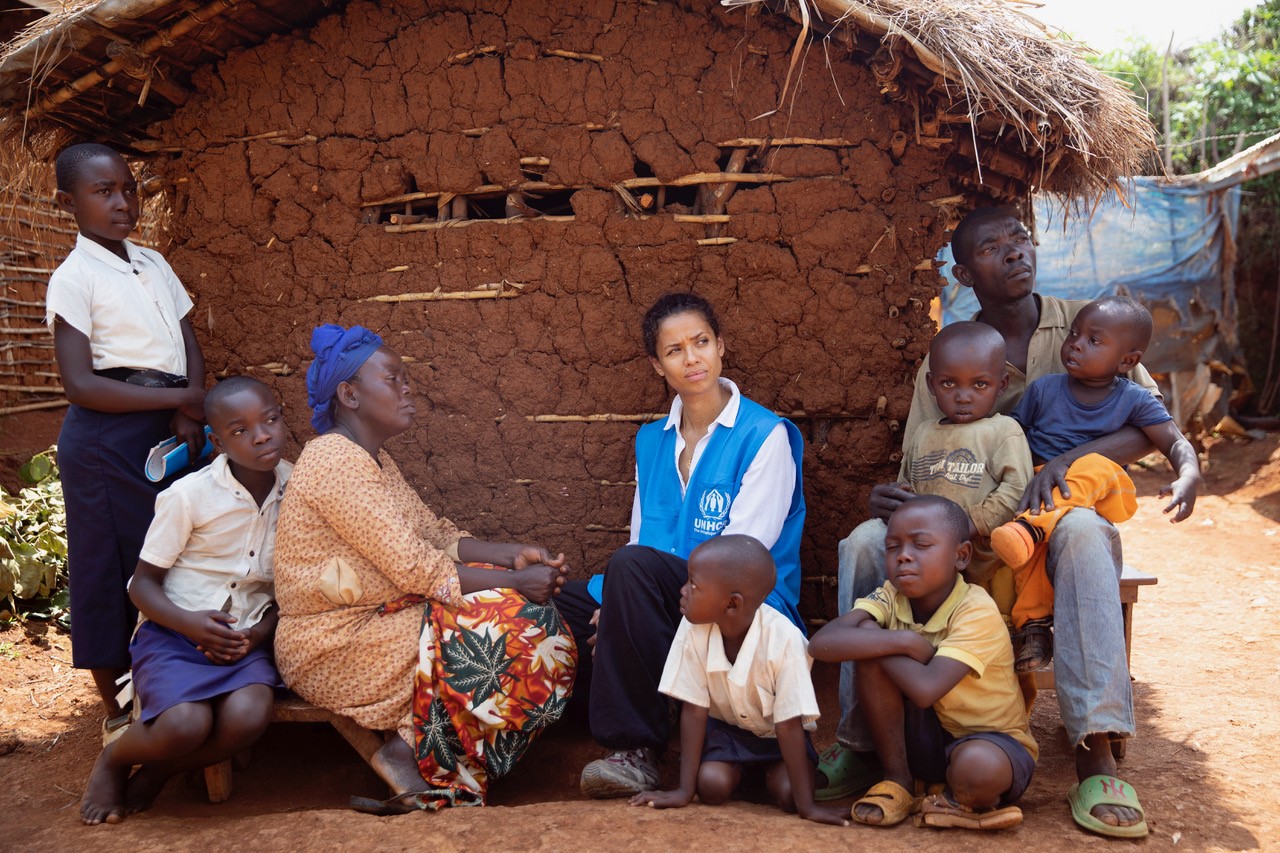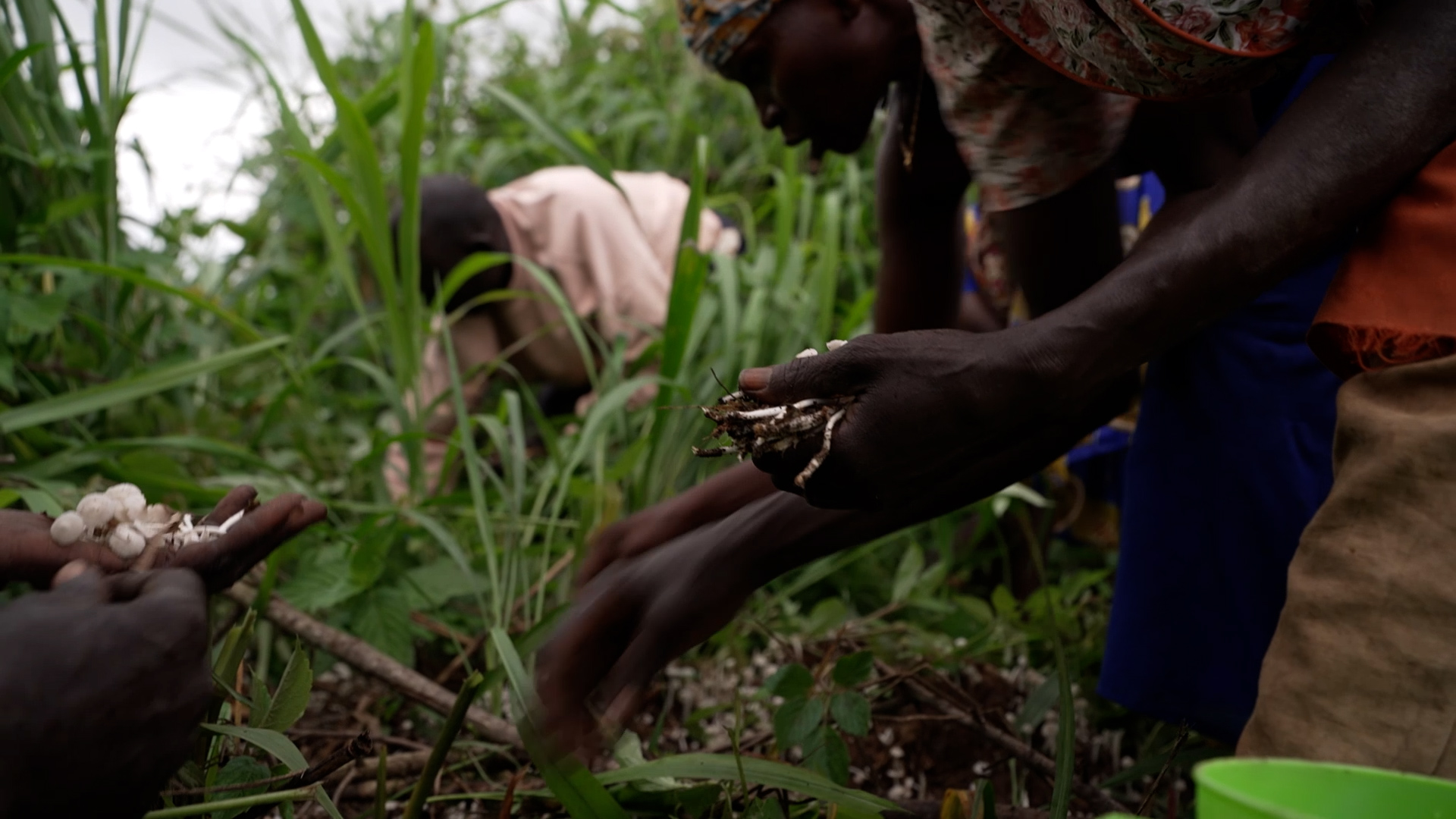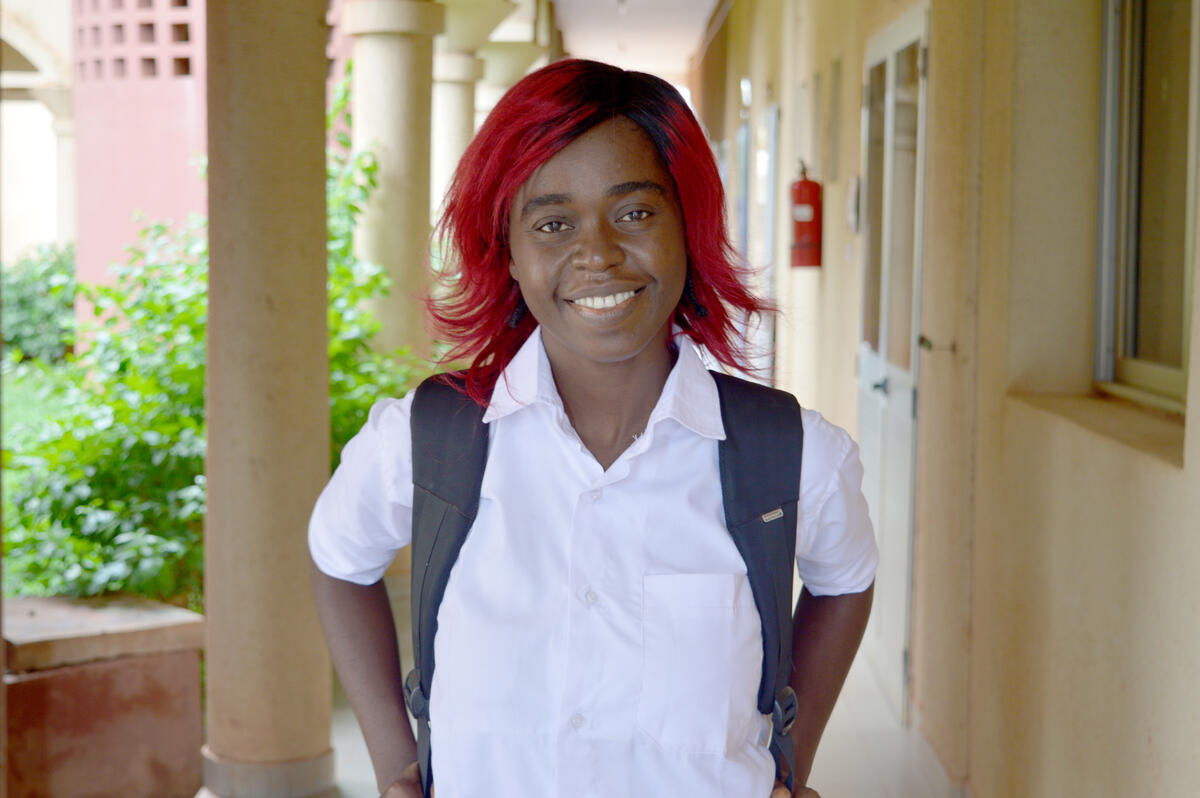20,000 refugees flee to Uganda to escape clashes in D.R. Congo
20,000 refugees flee to Uganda to escape clashes in D.R. Congo
Kampala, Uganda, Sunday 22 January 2006
UN refugee agency teams have been sent to the border between Uganda and the Democratic Republic of the Congo (DRC) in response to the arrival in the last few days of some 20,000 people fleeing recent fighting in the eastern DRC.
UNHCR staff reported that some 15,000 refugees are staying in the open at an airfield in Kisoro, 450 km (280 miles) south-west from Kampala. Another group, estimated at 5,000, is currently in Uganda's Kanungu district, at the border hamlet of Ishasha. Most of the refugees were reported in good shape and many of those at Ishasha brought their own food and livestock.
The refugees in Kisoro told UNHCR staff that they had crossed into Uganda to get away from the fighting, while those at Ishasha said they had fled because they feared being attacked. The most urgent concerns for both groups are the lack of drinking water, food, shelter and sanitation. The vast majority of the refugees say they want to stay close to the border so they can return home to the DRC as soon as they feel it is safe to do so.
Arrangements are being made by UNHCR and its partners to provide the recent arrivals with badly needed drinking water. A water tanker and two water bladders were sent to Kisoro on Saturday. Relief items, including blankets, jerry cans, tool sets and plastic sheets from UNHCR emergency stockpiles have also been sent to the region. Those supplies will be made available if the refugees are unable to return home and decide to move into government-identified settlements further inside Uganda.
Ugandan authorities have identified 84 combatants who have been disarmed. They are being kept separate from the civilian refugee population.
Uganda is home to some 208,000 refugees, including 168,800 Sudanese, 20,200 Congolese, and 15,600 Rwandans.


